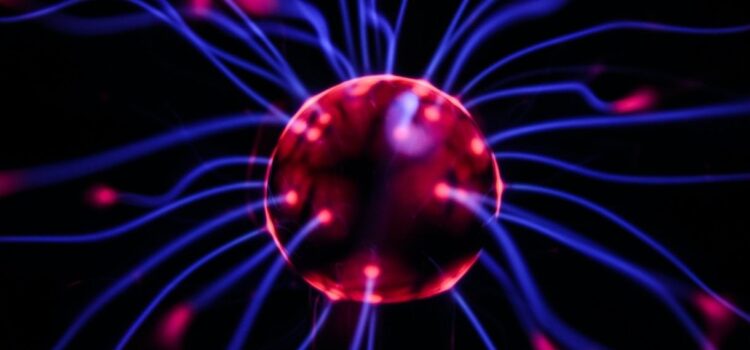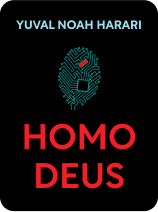

This article is an excerpt from the Shortform book guide to "Homo Deus" by Yuval Noah Harari. Shortform has the world's best summaries and analyses of books you should be reading.
Like this article? Sign up for a free trial here .
What do we know of the human consciousness? What causes consciousness and how does it translate into the subjective experience?
Although we have learned a great deal about conscious states of mind, scientists actually know little about consciousness, human or otherwise. Modern science suggests that consciousness is likely the result of electrochemical reactions in the brain, but no one knows for sure how this translates into subjective experiences.
Keep reading to learn about the current scientific stance on the human consciousness.
The Mystery of Human Consciousness
Consciousness is the combination of thoughts, emotions, and sensations that create subjective experience. For example, if you watch someone trip and fall, you may feel concern for the person’s safety while another observer may find the situation humorous.
There are two fundamental characteristics of consciousness: sensation and desire. Robots and computers carry out complex tasks but feel no sensations or cravings. Therefore, they don’t possess consciousness.
Some claim that, if consciousness can’t be explained, then perhaps the concept of consciousness needs to be discarded. However, this perspective ignores the validity of subjective experiences. For example, if someone’s assaulted, they’re going to have an emotional and subjective response to their experience. Negating consciousness as a whole denies their experience.
The most popular theory of the 21st century states that, while consciousness has moral and social importance, it’s likely just the byproduct of neural processes of the brain. Essentially, this equates consciousness to mental pollution. While this is a vague and poorly fleshed-out theory, it’s the best scientists have been able to come up with in the 21st century.
Consciousness in Humans Versus Computers
People have no way of knowing how consciousness is created or if artificial intelligence will one day gain the power of consciousness. After all, if consciousness is truly the byproduct of neural pathways and electric currents in the brain, what’s stopping the same development from occurring with wiring and circuit boards?
In the 20th century, computer scientist Alan Turing developed a test to determine whether a computer was sentient, which he called the “Turing Test.” In the Turing Test, a subject talks with both a computer and a person. According to Turing, if the subject can’t determine which is the person and which is the computer, then the computer should be considered sentient.
Human Versus Animal Consciousness
Though humans often claim to possess higher brain functionality, human and non-human animal brains function in a similar way. In fact, many animals can pass a modified version of the Turing Test. While this doesn’t prove consciousness, it strongly suggests that animals likely experience consciousness in a similar way to humans.
Industries such as the agricultural industry reject this claim. By maintaining that animals don’t possess consciousness, they can continue to disregard the emotional and social needs of their livestock. For example, if a cow isn’t conscious of its surroundings, a farmer can argue that keeping it in a narrow stall isn’t cruel because the animal will have no emotional response to its experience.

———End of Preview———
Like what you just read? Read the rest of the world's best book summary and analysis of Yuval Noah Harari's "Homo Deus" at Shortform .
Here's what you'll find in our full Homo Deus summary :
- Why technology is replacing humanist ideals
- How previous generations relied on prayer to deal with serious problems
- How AI and algorithms are going to run the world






